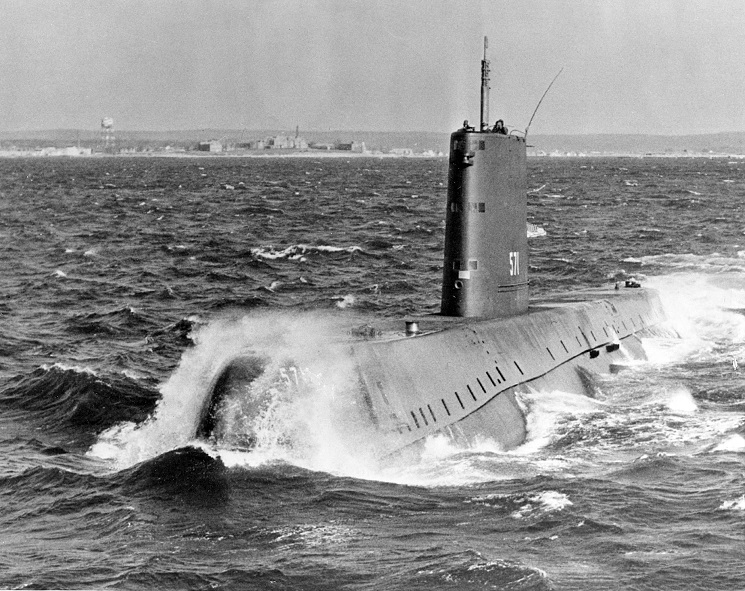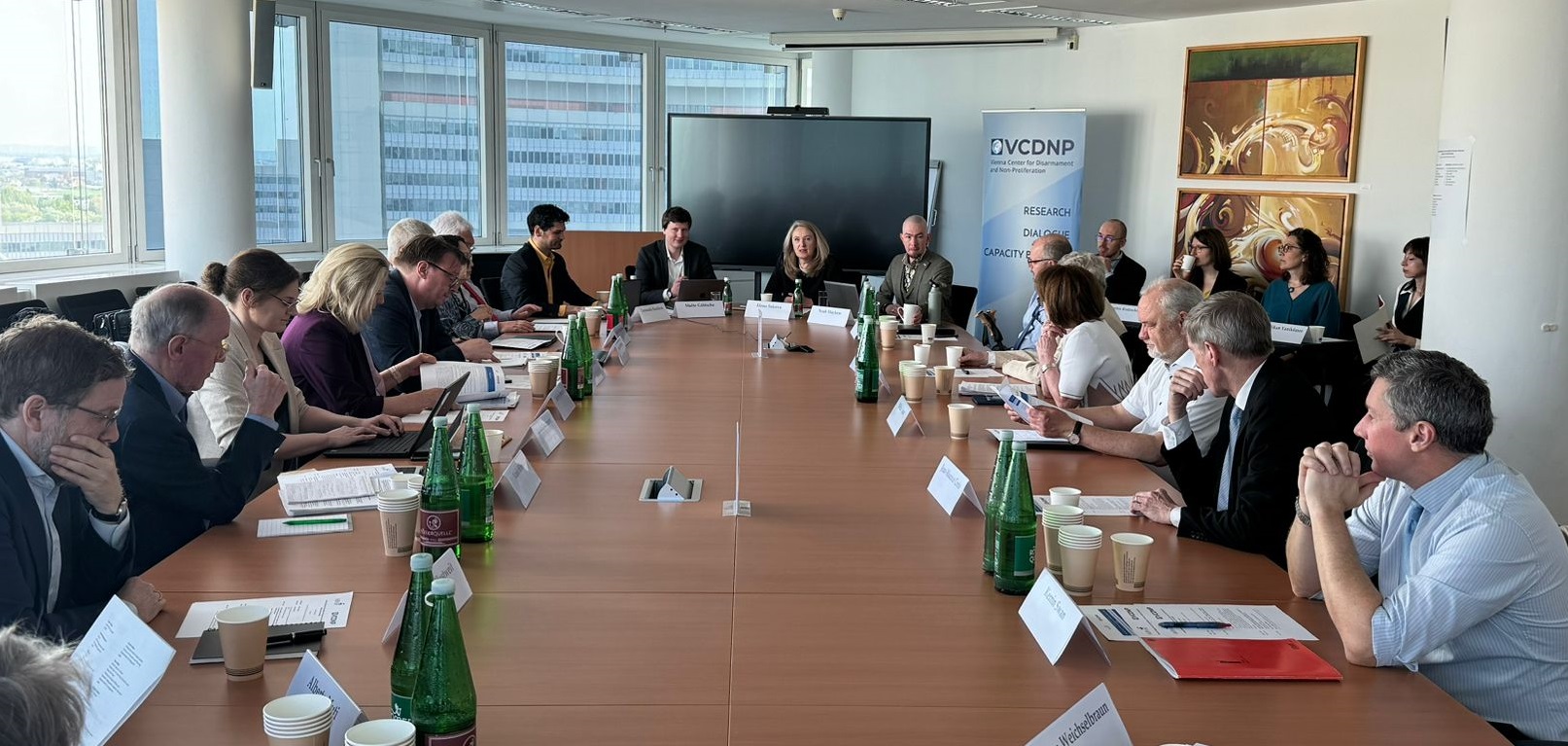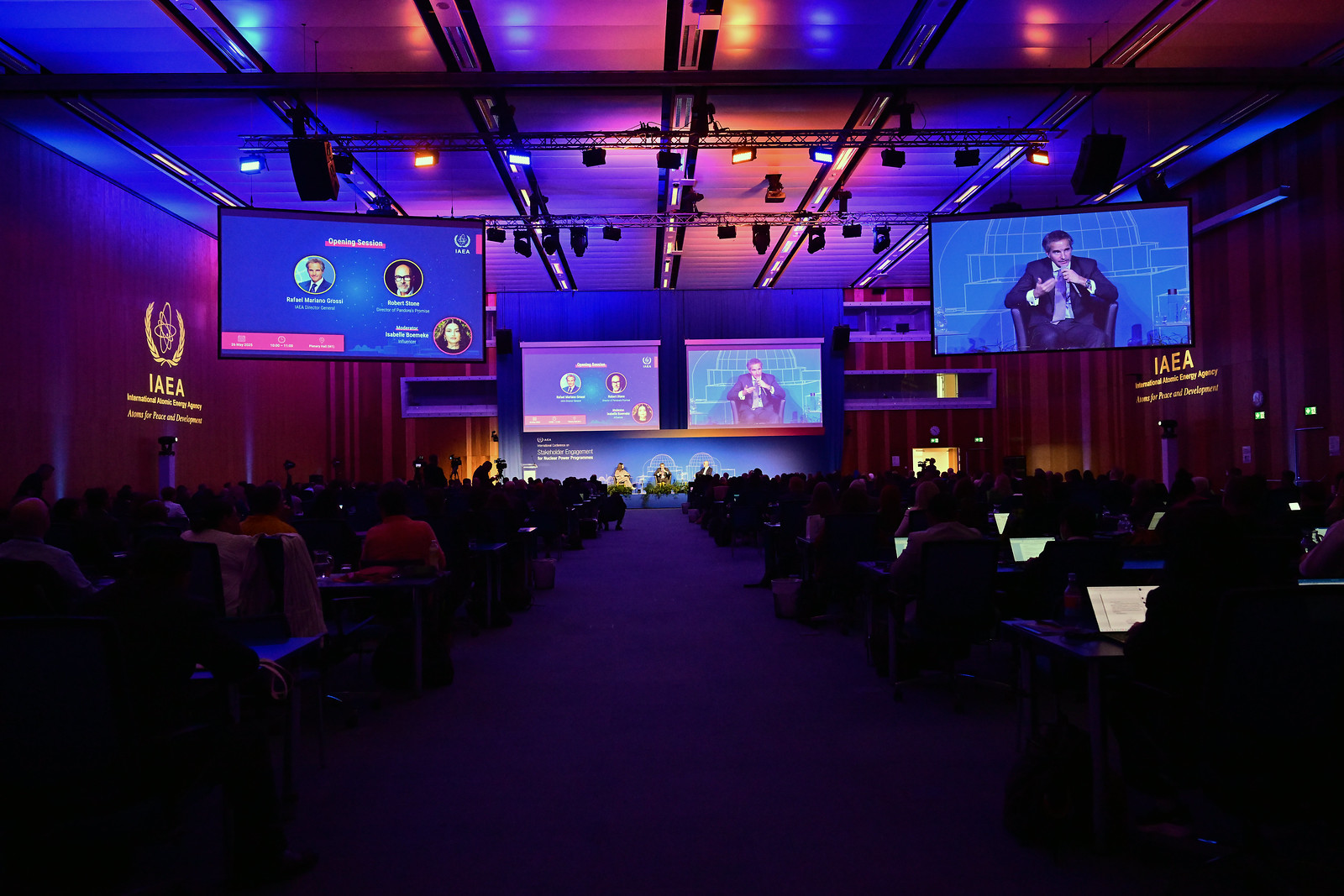
The International Atomic Energy Agency (IAEA) held the first International Conference on Stakeholder Engagement for Nuclear Power Programmes from 26 to 30 May 2025. VCDNP experts participated actively in the conference, including presentations during one panel discussion and two short presentations, so-called “flash talks”.
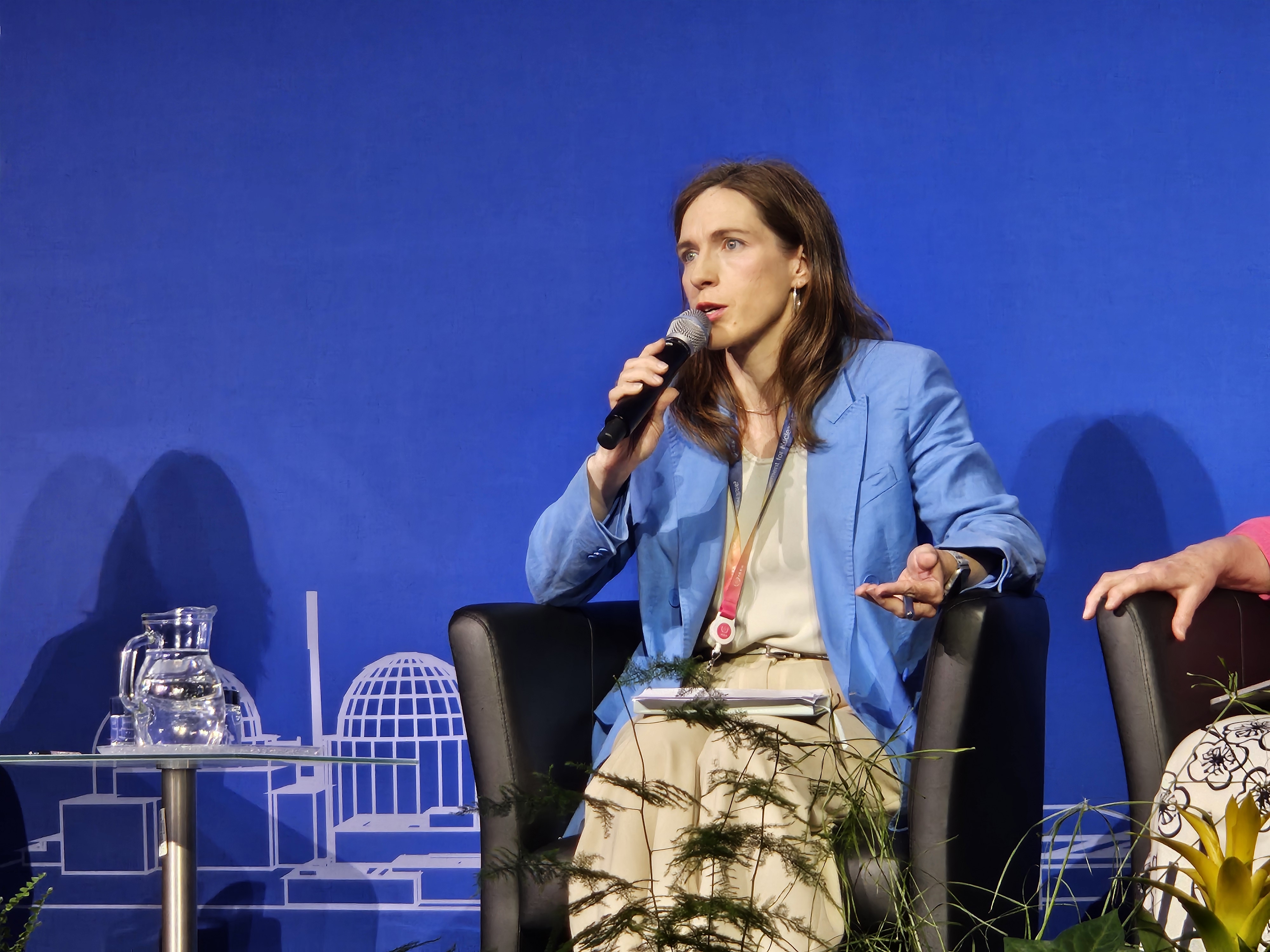
During a panel discussion entitled “Atoms for Peace: Partnerships for Securing the Future”, Senior Fellow Dr. Sarah Case Lackner discussed the importance of engaging with parliamentarians on nuclear issues. She argued that members of parliament must be prepared to communicate with their constituents on nuclear issues, including to ensure the principles of nuclear security, safety, and non-proliferation are prioritised, even when the country in question does not currently have a nuclear power programme. In this respect, Dr. Case Lackner referenced a recent VCDNP project on engaging parliamentarians on legal instruments for nuclear security. She emphasised the value of telling concrete stories about how security impacts individual people and their countries to make nuclear issues “real” for constituents.
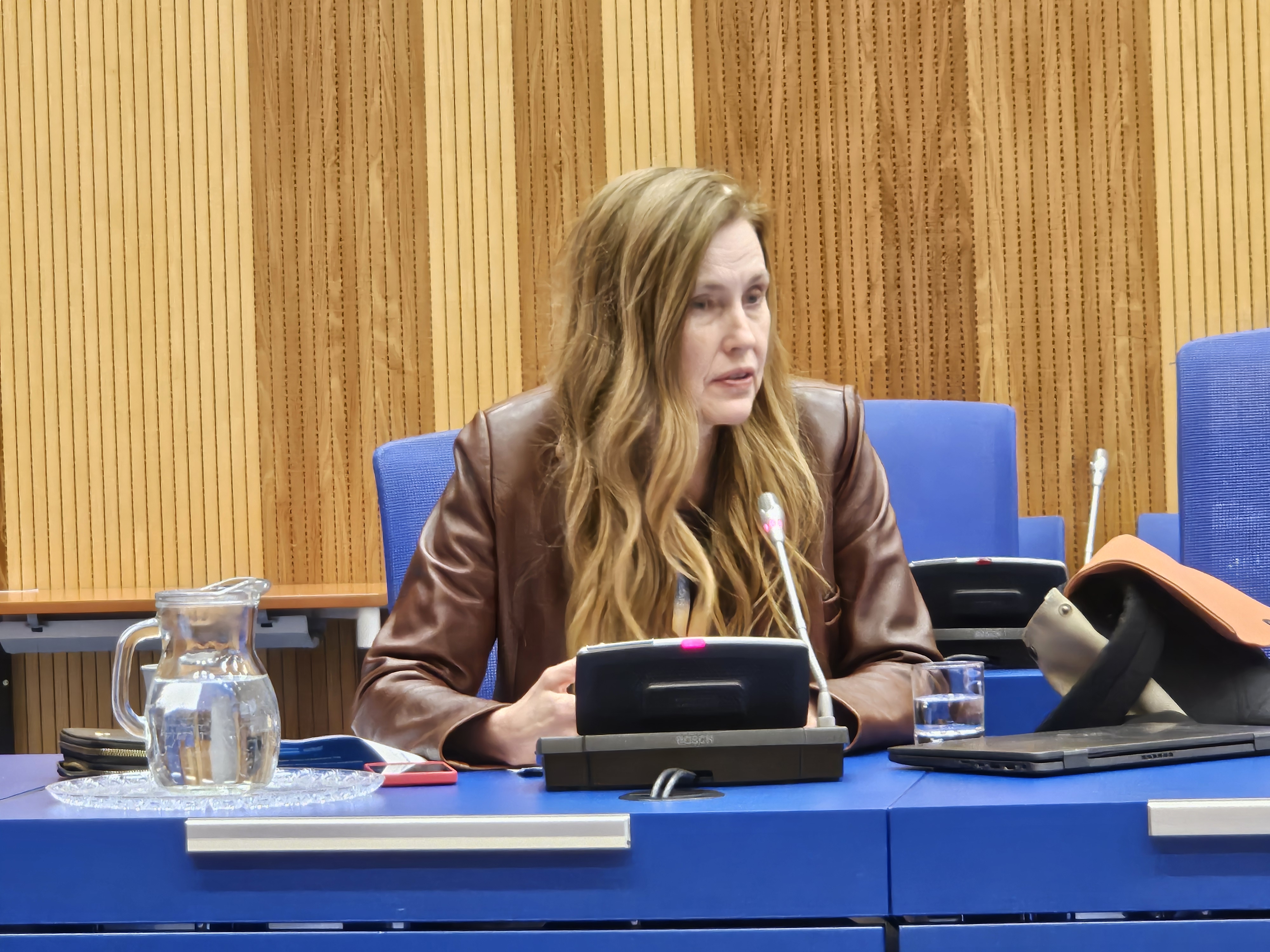
In her flash talk, Senior Fellow Ingrid Kirsten discussed the importance of civil society and philanthropy as catalysts for advancing access to nuclear power. Non-governmental organisations (NGOs) in the civil nuclear space have, to date, focused largely on non-proliferation and security issues. These NGOs, like the VCDNP, are well positioned to assist climate-focused philanthropies in understanding where their support would have the biggest impact.
She noted that philanthropies are the missing stakeholder group in this space, including in supporting the pledge made by countries, financial institutions, technology companies, and nuclear industry to triple global nuclear energy capacity by 2050. However, she cautioned, while philanthropies could play an important role in scaling up technology innovation and fostering conducive environments for nuclear power, NGOs and the IAEA should not rely on philanthropies to fill existing funding gaps. It will take time for philanthropies to determine if and how they want to engage with this sector. National governments must remain central stakeholders in these efforts as they understand the importance of scaling up nuclear power not only to achieve climate goals but also to address energy poverty in the Global South.
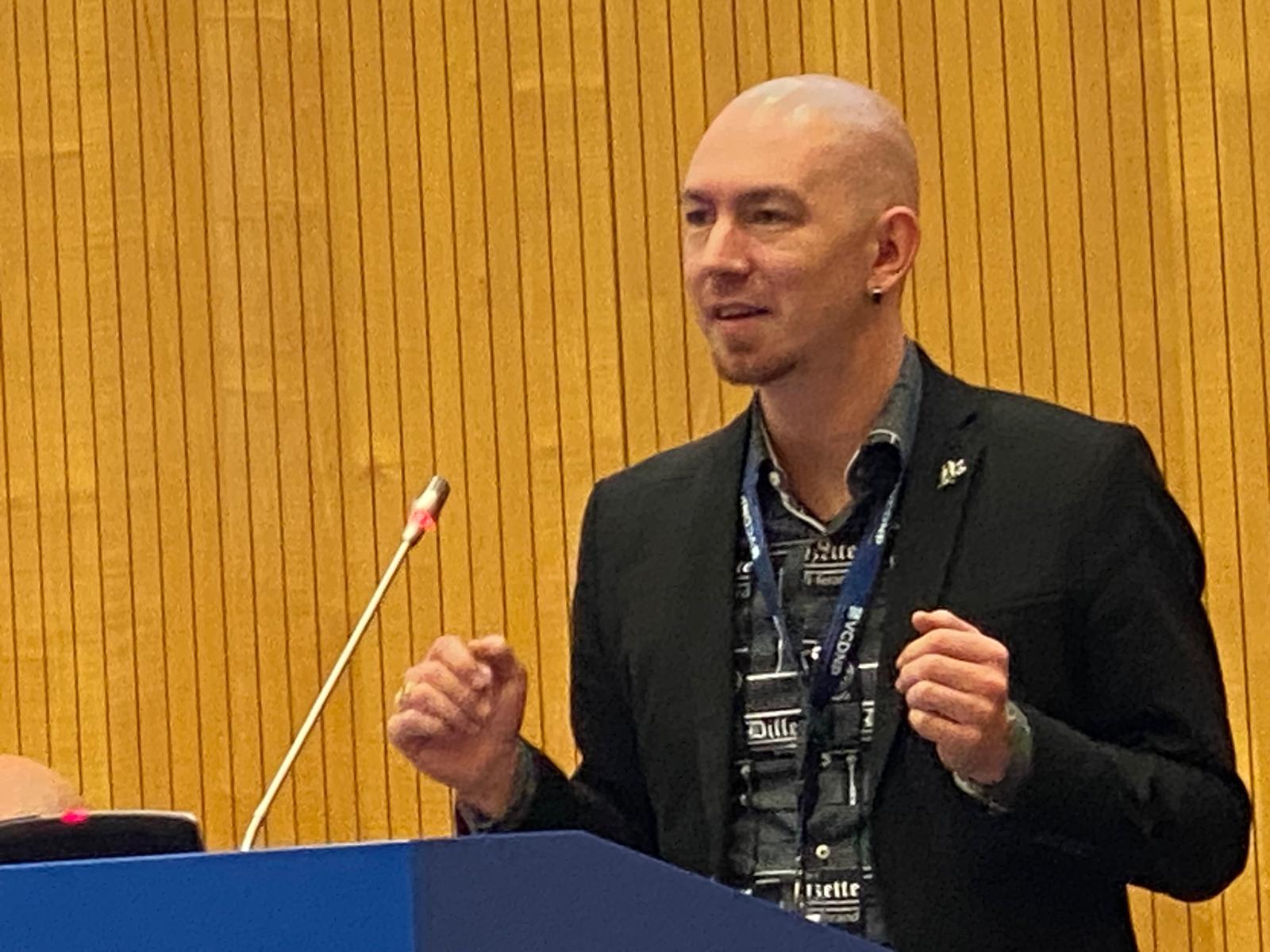
Senior Research Associate Noah Mayhew, drawing from a paper that he presented at the IAEA’s 2024 International Conference on Small Modular Reactors and their Applications, discussed the importance of safeguards by design (SBD). He argued that SBD is essential for ensuring that, once commercially available, small modular and other advanced reactors (A/SMRs) can be delivered in line with international non-proliferation obligations, as well as on schedule and without the need for costly retrofits.
To support this goal, more engagement is required between States and their reactor developers and between potential A/SMR end users and designers and vendors to assist the IAEA with socialising SBD among all stakeholders. He also noted that more funding should be allocated to the IAEA and NGOs to raise awareness about SBD: both promoting its benefits and dispelling misunderstandings about its implementation.
